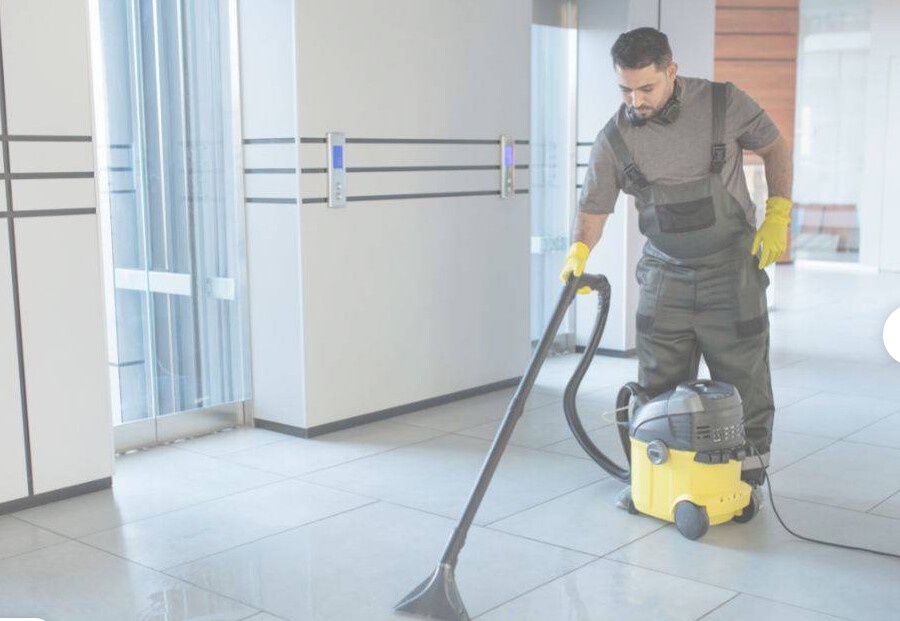Having reliable cleaning equipment is essential for businesses and homeowners who want to maintain a clean and healthy environment. However, like any other machinery, these tools can wear out or break down over time. In this blog, we'll discuss seven essential tools for cleaning equipment maintenance and repair. By being prepared with the right tools, you can ensure your equipment stays in prime working condition, saving you time and money.
Getting to Know Your Toolkit
Before we dive into the tools themselves, it's essential to understand the value of routine maintenance. Regular upkeep can prevent major malfunctions, extend the lifespan of your equipment, and ensure optimal performance. Now, let's explore the must-have tools for cleaning equipment repair.
- Multi-Tool Screwdriver
One of the foundational tools in any maintenance kit is a multi-tool screwdriver. This versatile tool comes with various interchangeable bits that fit different screws commonly found on commercial and household cleaning equipment.
- Wrench Set
A wrench set is indispensable when loosening or tightening nuts and bolts. Many pieces of cleaning equipment have compact areas that are hard to reach, so having a good set of wrenches in different sizes can be a lifesaver.
- Pliers
Pliers are perfect for gripping small items or components that need precision handling during repair work. Needle-nose pliers are handy when dealing with tiny parts inside cleaning machines.
- Socket Set
A socket set comes in handy when dealing with larger nuts and bolts often found on heavy-duty cleaning equipment. These sets usually come in metric and standard sizes to accommodate various types of machinery.
- Multimeter
Electronic malfunction is common in modern cleaning equipment that relies on digital displays and circuit boards. A multimeter lets you diagnose electrical issues by measuring voltage, current, and resistance.
- Lubricants
Proper lubrication is critical for moving parts within your cleaning equipment. Specially formulated lubricants can reduce friction, prevent rusting, and ensure smooth operation of all gears and motors.
- Cleaning Brushes
Sometimes, the simplest tool is one of the most important. Dedicated cleaning brushes help remove dirt, grime, and debris from various components, which might otherwise cause damage or decrease efficiency over time.
Staying Proactive With Regular Checks
Regular checks on your cleaning equipment will help identify issues before they escalate into more significant problems requiring costly repairs or replacements. Pay attention to unusual noises, decreased performance, or visible signs of wear.
Choosing Quality Replacement Parts
When a part eventually fails despite your best maintenance efforts, choosing quality replacement parts that match your equipment's specifications is crucial. Substandard components may not only diminish performance but also potentially harm your machine.
Seek Professional Assistance When Needed
While many repairs can be done personally with these tools and a bit of know-how, there's no shame in seeking professional assistance for more complex or challenging issues. Professional technicians have the expertise and experience to handle intricate repairs, ensuring your cleaning equipment is restored to its optimal state. If you encounter problems beyond your skill level or your equipment is under warranty, reaching out to the manufacturer or an authorized service provider is a prudent decision.
In addition to the tools mentioned earlier, it's essential to keep a well-organized workspace for your maintenance tasks. This includes having a dedicated area for repairs, proper storage for tools, and clear labelling of replacement parts. A systematic approach to equipment care contributes to efficiency and reduces the likelihood of misplaced tools or oversight during maintenance.
Conclusion
In conclusion, investing in the right tools and adopting a proactive maintenance routine are essential steps for anyone responsible for cleaning equipment repair. Regular checks, quality replacement parts, and occasional professional assistance contribute to the overall reliability and longevity of your machinery. By prioritizing equipment care, you not only save time and money but also ensure a safe and healthy environment for your business or home. Remember, a well-maintained cleaning arsenal is a key asset in promoting cleanliness and well-being.


No comments yet